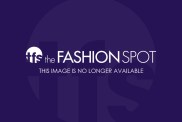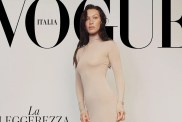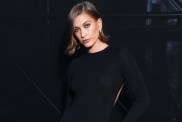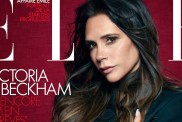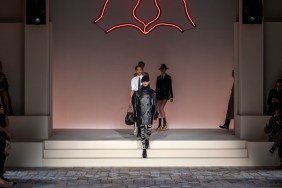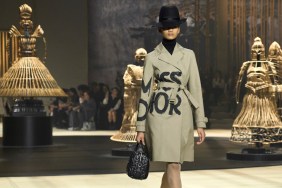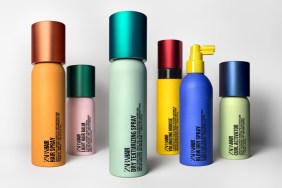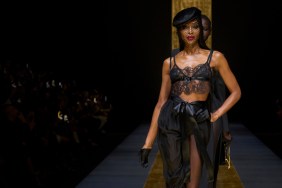In the fashion world, the only constant is that everything is subject to change. What’s in one year (flatforms and ponchos) is (thankfully!) out the next. The same can be said about fashion careers — sure, you’ve got your staples like designing, modeling, marketing and the like, but there’s much more to working in fashion than just pretty clothes and the models who wear them. The apparel market is worth an astounding $225 billion in the U.S. alone, according to statistics site Statista, meaning that there are a lot of jobs out there that need to be filled in the fields of logistics, technology, creative and more. So we’ve rounded up seven such jobs as a reminder that in fashion, it’s always good to think outside the box.
Fashion Trend Forecaster
No, this is not a position where you predict it’ll be cloudy with a chance of trenchcoats. But you will predict whether or not trenchcoats will be part of the must-have fashions for the next season. Whether you’re an independent tour de force like Lidewij Edelkoort (and her company Trend Union) or work for a forecasting brand like WGSN, the end goal is the same — being able to predict what colors and styles will be in up to two years before the season hits the runway.
Sound impossible? It’s not. It involves, as one former WGSN worker calls it, a certain amount of “hunting and gathering” socioeconomic data and trends, but if you’re a forecaster, you can get it down to some science and a lot of intuition.
Olfactive Brander
As the saying goes, the nose knows and now, retailers know it, too. “Smell can entice consumers to stay longer, shop longer and purchase more,” Elizabeth Musmanno, president of The Fragrance Foundation, told The Business of Fashion in 2013. Olfactive branding (really just a fancy word for someone who creates scent campaigns for a client or company) has taken off in the last few years with boutique firms like 12.29 creating scents for the runway shows of Jason Wu (fruity rose), Prabal Gurung (Bulgarian rose, peony, amber) and Opening Ceremony (chocolate). Bigger brands like ScentAir create that can’t-quite-put-your-finger-on-it smell for Bloomingdale’s and Westin Hotels, among others.
Fit Model
Just because you’re not a size 2 doesn’t mean you can’t be a model. That’s where fit models come in. Think of them as the unsung heroes of the fashion industry, trying on sample sizes to see how a garment looks, lays and feels before it goes on to be produced for the masses. And there’s much more job security in fit modeling — as long as your dimensions remain the same, there’s no reason why you couldn’t continue in this career for decades.

image: Imaxtree
Fashion Colorist
If you live and breathe in Pantone and can tell the difference between a royal blue and a true blue in a heartbeat, consider this niche area. These color whiz kids can not only match a particular color a designer has in mind, but also oversee color libraries and create new colors in labs. But it’s also a social job, as colorists often have to meet with buyers, designers and production studios to make sure the color is just so. According to Indeed.com, colorists in major cities like New York can make upward of $90,000.
Color Experts
Speaking of color, there are actually bona fide color experts that advise designers, production managers and the like on all aspects of color and what it means for a particular product or garment. Pantone’s Leatrice Eiseman is arguably one of the most famous and influential, having written no less than six books on color and color theory.
Fashion Florist
Was there ever a more perfect pairing than fashion and flowers? We think not. Just look at high-profile fashion types like former editor Taylor Tomasi Hill and Rambert Rigaud of Dior Haute Couture who left their posts to make stunning floral arrangements. Rigaud told The New York Times in a 2014 profile that he gets 70 percent of his business from high-profile fashion clients who, thanks to social media, need a new way to stand out from the pack. “Everybody wants to differentiate their brand,” chimed in Etienne Russo of Brussels-based production company Villa Eugénie. “There is a bigger emphasis on creating a live experience than before. It’s about creating a moment.”
Theater Costume Designer
Sure, fashion designers get the lion’s share of fame and accolades for their collections, but often costumes for operas, musicals and plays are much more elaborate and, well, theatrical (and in our opinion, more fun to wear). A position like this requires technical know-how, a firm base in fashion history and, of course, a flair for the dramatic. And as always, the show must go on.
